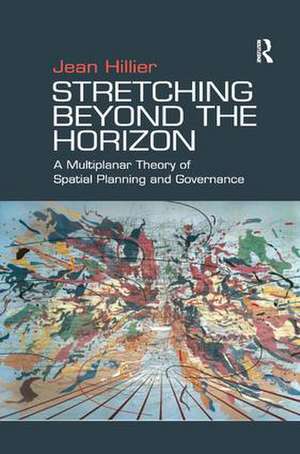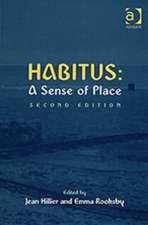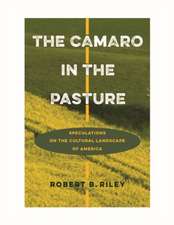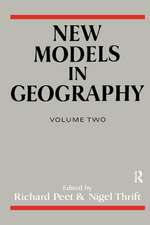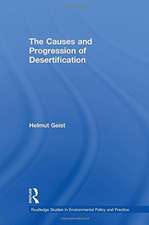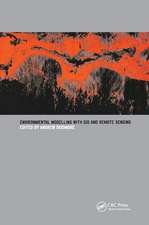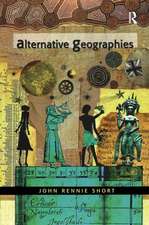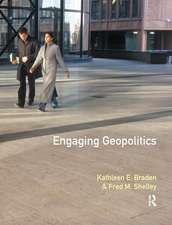Stretching Beyond the Horizon: A Multiplanar Theory of Spatial Planning and Governance
Autor Jean Hillieren Limba Engleză Hardback – 25 apr 2007
Toate formatele și edițiile
| Toate formatele și edițiile | Preț | Express |
|---|---|---|
| Paperback (1) | 469.34 lei 6-8 săpt. | |
| Taylor & Francis – 3 oct 2016 | 469.34 lei 6-8 săpt. | |
| Hardback (1) | 1054.71 lei 6-8 săpt. | |
| Taylor & Francis – 25 apr 2007 | 1054.71 lei 6-8 săpt. |
Preț: 1054.71 lei
Preț vechi: 1286.24 lei
-18% Nou
Puncte Express: 1582
Preț estimativ în valută:
201.81€ • 211.28$ • 166.99£
201.81€ • 211.28$ • 166.99£
Carte tipărită la comandă
Livrare economică 08-22 aprilie
Preluare comenzi: 021 569.72.76
Specificații
ISBN-13: 9780754647492
ISBN-10: 0754647498
Pagini: 410
Ilustrații: includes 4 tables, 4 figures, 4 maps & 4 b&w photos
Dimensiuni: 156 x 234 x 24 mm
Greutate: 0.45 kg
Ediția:1
Editura: Taylor & Francis
Colecția Routledge
Locul publicării:Oxford, United Kingdom
ISBN-10: 0754647498
Pagini: 410
Ilustrații: includes 4 tables, 4 figures, 4 maps & 4 b&w photos
Dimensiuni: 156 x 234 x 24 mm
Greutate: 0.45 kg
Ediția:1
Editura: Taylor & Francis
Colecția Routledge
Locul publicării:Oxford, United Kingdom
Cuprins
Contents: Preface: the dilemma of a middle or the middle of a dilemma; Part 1: 'A Thickness on Which Shadows Play': Shadows of the future; Transdisciplinary shadows; 'Following the witch's flight': artfully introducing Deleuzoguattarian ideas; Part 2 Resonances, Interferences, Encounters and Connections: Sweeping the dust of fixities: reconceptualizing time and space in planning and governance; Land, rights, laws: legalized obliteration of spatial meanings, knowledges and beliefs; Woven, knotted and matted: entangled complex systems and non-linear dynamics of space-time;On justice between absence and presence: the 'ghost ships' of Graythorp. Part 3 Straddling the Abyss: Coming from the outside of thought: problematising representation as a step towards a postrepresentational theory of spatial planning and governance; Planning and governance as speculative experimentation: a postrepresentational theory; Multiplanar planning: crossing the threshold into practice; Turbulence within the flow; References; Index.
Notă biografică
Professor Jean Hillier is Associate Dean, Sustainability and Urban Planning at RMIT University, Australia
Recenzii
'This book challenges the spirit and purpose of spatial planning. But it does much more than that. It also sketches out an alternative practice of planning which literally makes space for alternative ways of being. A vibrant and important book.' Nigel Thrift, University of Warwick, UK 'Finally, a planning theory text that begins to make sense of the complexity of our globalized world. Commencing with its great title, it sets the scope for an effective democratic planning process for our interconnected world. This is a must-read, not just for planners, but for everyone concerned about the management of change and governance in the twenty-first century.' Michael Gunder, University of Auckland, New Zealand
Descriere
In this innovative work Jean Hillier develops a new theory for students and researchers of spatial planning and governance which is grounded primarily in the work of Gilles Deleuze. Using empirical examples from England and Australia, she explores what spatial planning and urban management practices could look like if they were to be developed along Deleuzean lines, and suggests alternative framings for spatial practice.
